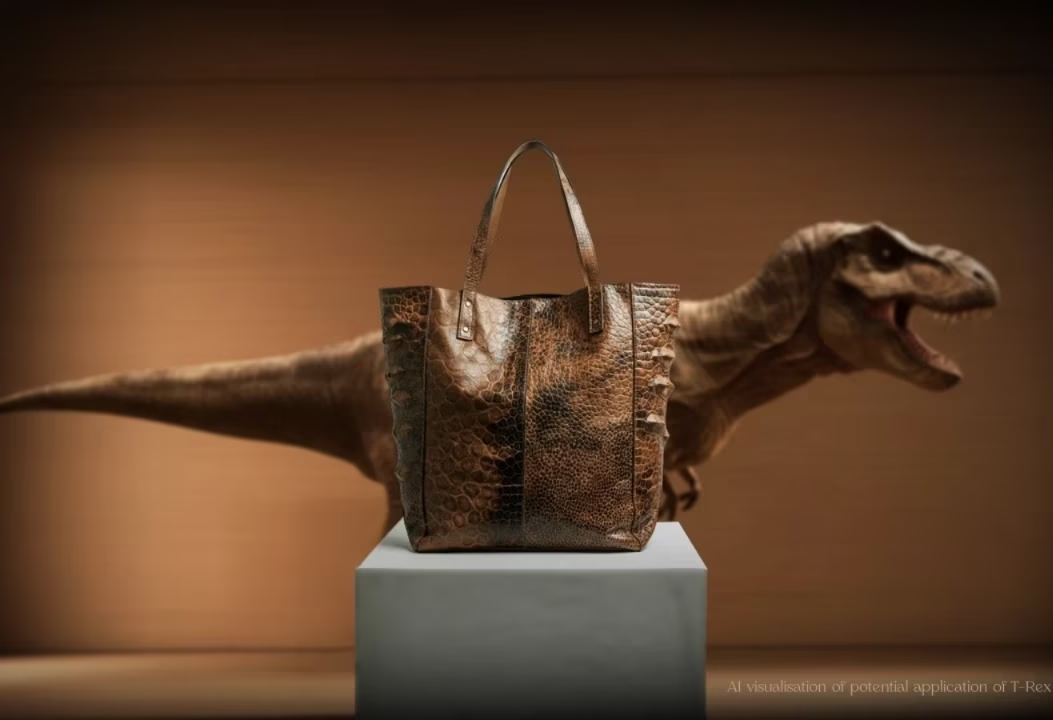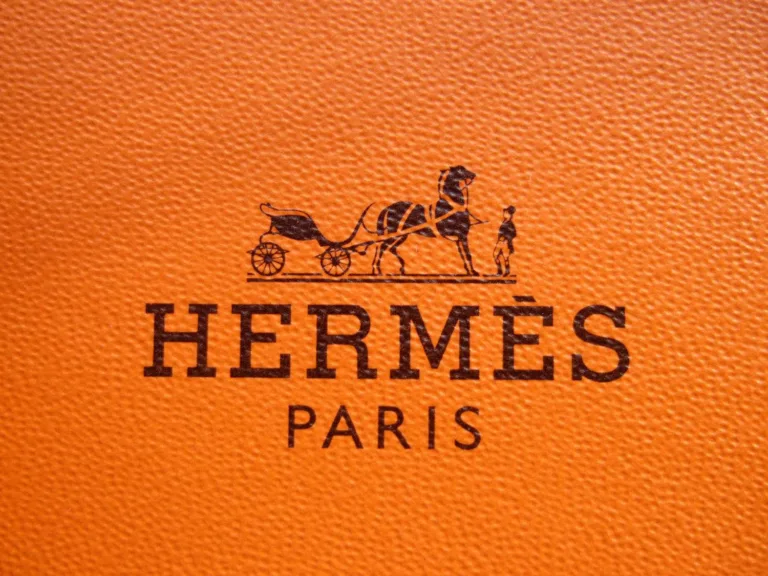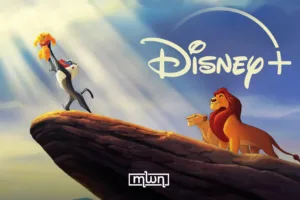What if your next statement accessory came from a species that last stomped around Earth 68 million years ago?
Rabat – That’s the ambitious and slightly Jurassic vision behind a new project led by a group of UK-based researchers and bioengineers.
The team is attempting to create luxury leather: think clutches, totes, maybe even a handbag shaped like a fossil, from lab-grown Tyrannosaurus rex skin.
No, not faux T. rex. Actual, scientifically re-engineered leather built from the collagen of the King of the Dinosaurs.
If successful, this would mark the first time humanity has made leather from an extinct species. Forget cowhide, this is apex predator couture.
The project is being developed by Lab-Grown Leather, a biotech company working alongside Newcastle University, Dutch creative agency VML, and genomic engineering firm The Organoid Company.
According to Professor Che Connon, one of the brains behind the initiative, the T. rex leather would be biodegradable, cruelty-free, and nearly identical to traditional animal hide in both look and feel.
It’s also being pitched as “ethically sound,” which is fair enough – after all, no dinosaurs were harmed in the making of this bag.
The team isn’t just dreaming of Jurassic fashion runways. With the global leather goods market expected to balloon from $500 billion to $855 billion by 2032, they’re also eyeing luxury car interiors and other high-end applications.
Because what says “premium” like the ghost of a Cretaceous carnivore stitched into your upholstery?
But before you start planning your dinosaur-themed capsule wardrobe, here’s the reality check: this whole thing is still science fiction-adjacent.
Experts, including Professor Tom Ellis of Imperial College London, are skeptical. He describes the project as being in its “very early stage” and questions whether we even know enough about dino DNA to reconstruct true T. rex collagen.
And if we do pull it off? Expect eye-watering prices. The leather, though technically prehistoric, would likely feel much like cowhide or synthetic alternatives, just with a much better backstory.
It’s less about functionality and more about the novelty (and bragging rights) of owning a piece of “extinct” fashion.
Still, there’s an eco-argument to be made. Traditional leather comes at a hefty environmental cost, linked to deforestation and emissions from cattle farming.
Meanwhile, many vegan leathers are essentially petroleum in disguise, made from plastics that linger forever.
Lab-grown leather, if perfected, could offer a cleaner, compostable option, dino-based or otherwise.
For now, the T. rex bag remains a high-concept dream. But in an era of AI influencers and mushroom leather sneakers, who’s to say what fashion’s next frontier looks like?
If anything, this bold experiment reminds us: in fashion, as in science, the line between wild and genius is often thinner than a fossilized thread.
Would you carry a T. rex clutch?
















